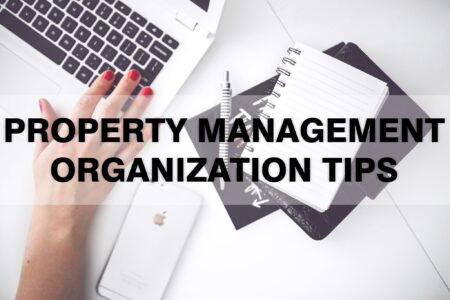In today’s digital era, property management has taken a turn for the better, with numerous software and applications making the process more streamlined and efficient. Small landlords, in particular, can benefit immensely from these digital tools. But first, let’s understand some basics.
What is a Rental Property Management System?
A Rental Property Management System is a digital solution designed to aid landlords and property managers in overseeing and automating various tasks associated with renting out property. This includes, but is not limited to, rent collection, tenant screening, lease management, and maintenance requests.
What is a Property Manager App?
A Property Manager App is a mobile-friendly version of a property management system. These apps allow landlords and managers to perform essential tasks on-the-go, from any location, directly from their smartphones or tablets.
How Does Property Management Software Work?
Property management software offers a centralized platform where landlords can manage multiple aspects of their properties. Typically, they will have features that allow for listing properties, screening tenants, managing leases, tracking payments, and handling maintenance requests. Many of these systems are cloud-based, meaning they store data online and can be accessed from anywhere with an internet connection.
With the basics covered, let’s dive into some of the top property management software ideal for small landlords:
Cozy
Features: Offers a platform for rent collection, tenant applications, and background checks without additional fees.
Benefits: It’s free for landlords, perfect for those starting out.
Buildium
Features: Tailored for multi-property management, from lease tracking to resident communication.
Benefits: Known for its scalability; suitable for both single units and larger property portfolios.
Rentec Direct
Features: Provides tools for online payments, maintenance requests, and tenant screening.
Benefits: Boasts a dedicated tenant portal with a user-friendly interface.
Avail
Features: Allows landlords to create custom listings, screen tenants, sign leases, and collect rent online.
Benefits: Features intuitive digital lease templates and reminders.
TenantCloud
Features: Integrates property management and accounting.
Benefits: Being cloud-based, it’s accessible from any device.
What is Yardi Breeze?
Yardi Breeze is another notable property management software designed to cater to the needs of small to medium-sized property owners and managers. It offers a comprehensive set of tools that includes online rent payments, tenant screening, and accounting functionalities, all within a user-friendly interface.
In Conclusion
For small landlords seeking effective solutions, the digital revolution in property management is a boon. Choosing the right software can lead to simplified processes and enhanced tenant relationships. As you evaluate options, consider factors like usability, cost, integration capability, and scalability to find the perfect fit.



